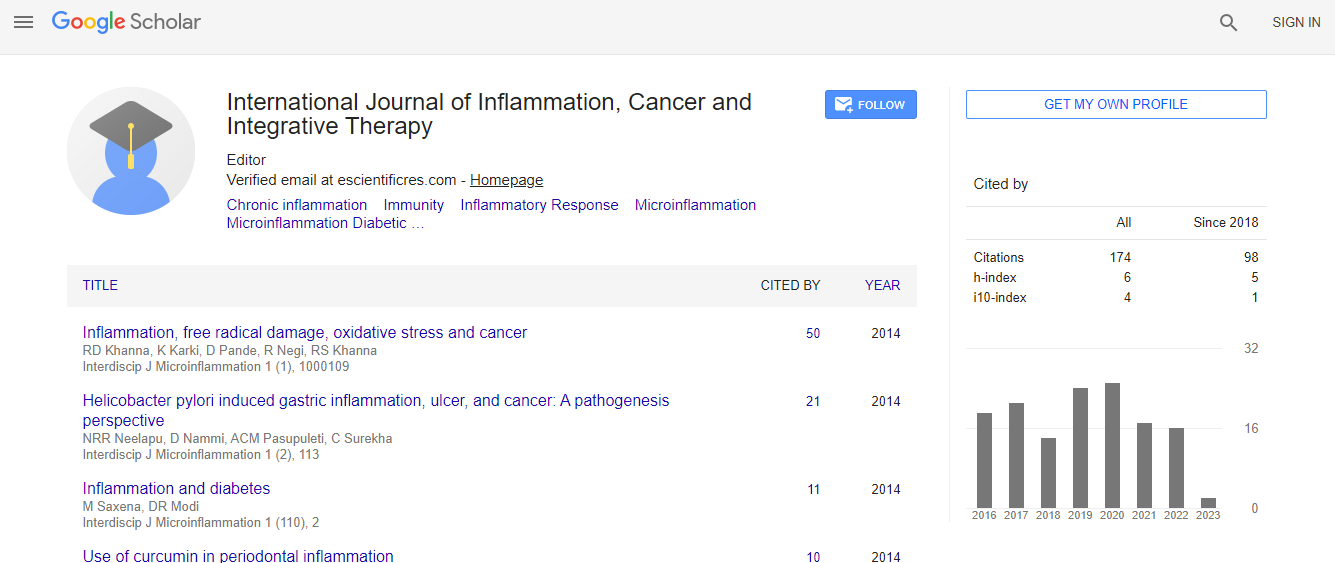Is Endocan a Novel Prognostic Marker for Colorectal Cancer and inflammation
Abstract
Colorectal cancer is the second most common type of cancer in women and the third one in men. In terms of worldwide prevalence, it ranks third [1]. The prognosis of colorectal cancer is dependent on the stages in the TNM system. The development of tumors and metastases depend on a delicate balance between endogenous angiogenic factors, which cause the formation of new blood vessels, and anti-angiogenic factors [2]. The process of angiogenesis consists of a multitude of sequential and interconnected steps including positive and negative regulators [3]. Today, it is known that angiogenesis is not only essential for tumor growth but also is responsible for the cancerous transformation of a premalignant tumor, circulation of cancer cells, and the transformation of micro-metastases into typical metastatic lesions [4]. Without doubt, the vascular endothelial growth factor (VEGF) is the most important molecule that plays a role in the angiogenetic process [5,6]. VEGF does not only induce the proliferation of endothelial cells but also increases the vascular permeability and causes the formation of a fibrin matrix that enables stromal cell invasion by increasing the extravasation of proteins through tumor vessels [7]. The data provided by preclinical and clinical studies indicate that VEGF is the predominant angiogenic factor in colorectal cancer [8]. A positive correlation was detected between increased VEGF levels and lymph node involvement, and distant organ metastasis [9].

 Spanish
Spanish  Chinese
Chinese  Russian
Russian  German
German  French
French  Japanese
Japanese  Portuguese
Portuguese  Hindi
Hindi 
